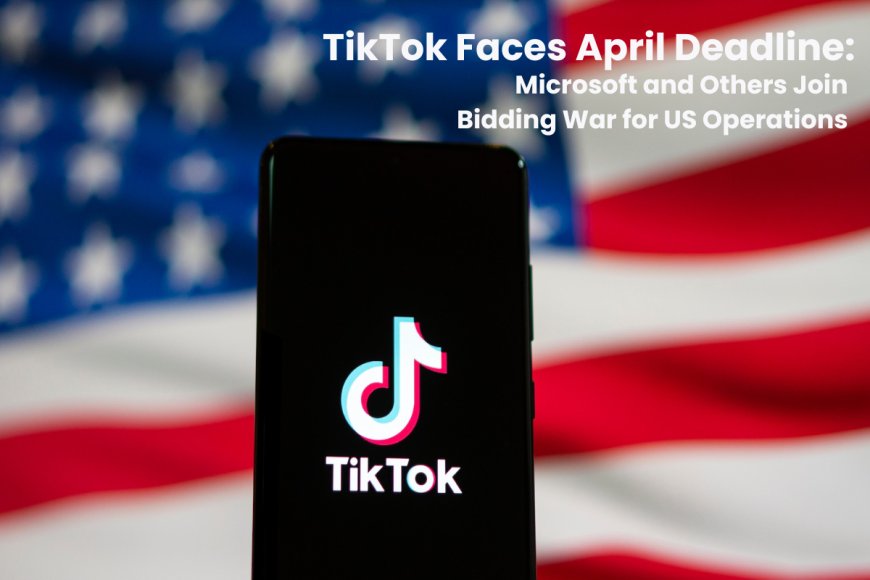Trump Confirms Microsoft’s Interest in TikTok, Pushes for US Stake in Ownership
Microsoft and other US corporations are looking into TikTok purchase alternatives as President Trump pushes for US control to solve national security concerns.

Former President Donald Trump recently claimed that Microsoft is one of the corporations considering TikTok's US operations in order to assist the app dodge a ban set to take effect in April. Trump acknowledged Microsoft's involvement in supporting TikTok's new ownership, a need imposed by Congress to address national security concerns related to its Chinese ownership.
Other potential bidders have expressed interest, but Trump declined to name them, citing his preference for competitive discussions. Notably, artificial intelligence startup Perplexity AI has reportedly suggested a merger with TikTok's US division, offering the US government up to a 50% ownership in the new company. This would be consistent with Trump's aim for strong US control over the app. However, the specifics of how this control would appear are uncertain.
TikTok's ownership dilemma derives from its ties to ByteDance, a Chinese corporation that has prompted bipartisan concerns about data security and potential manipulation of US consumers. While ByteDance initially opposed divestment efforts, new statements from board member Bill Ford indicate that the business is willing to negotiate with both US and Chinese officials to reach a common path. A total divestiture may not be required, as alternative solutions are being investigated.
This is not Microsoft's first experience with TikTok. The internet titan, along with Walmart, attempted to acquire TikTok during Trump's administration but were unsuccessful, with CEO Satya Nadella subsequently calling the process "the strangest thing" he'd ever worked on. As the April deadline approaches, the stakes are high, with over 170 million TikTok users in the United States and geopolitical tensions threatening the platform's viability.
Source : The Economic Times







